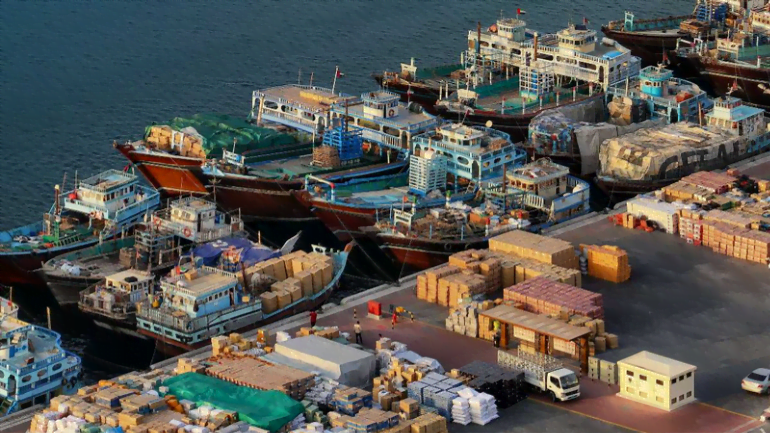Commodity trading has a rich history in the United Arab Emirates (UAE), driven by its strategic location, natural resources, and proactive economic policies. Here’s an overview:
Historical Context: Historically, the UAE was a region primarily dependent on pearl diving, fishing, and agriculture. However, the discovery of oil in the 1950s transformed its economy, leading to rapid industrialization and urbanization.
Oil Industry: Oil has been the cornerstone of the UAE’s economy since the 1960s. The country possesses significant oil reserves, particularly in Abu Dhabi, which has one of the largest proven oil reserves in the world. As a result, the UAE became a major player in the global oil market, exporting crude oil and petroleum products.
Diversification Efforts: Despite its reliance on oil, the UAE has actively pursued economic diversification to reduce its dependence on oil revenues. Commodity trading emerged as one of the key sectors in this diversification strategy.
Infrastructure Development: The UAE has invested heavily in developing world-class infrastructure, including ports, free zones, and trading hubs. Dubai, in particular, has positioned itself as a leading global trade hub, leveraging its strategic location between East and West.
Dubai Multi Commodities Centre (DMCC): Established in 2002, the DMCC is one of the world’s largest free zones dedicated to commodities trading. It provides a conducive environment for trading in gold, diamonds, precious metals, energy, and other commodities. The DMCC has attracted numerous multinational corporations and trading firms to set up operations in Dubai.
Gold Trading: Dubai has emerged as a major gold trading hub, with the Dubai Gold Souk and the Dubai Gold and Commodities Exchange (DGCX) playing pivotal roles in facilitating gold trade. The UAE’s liberal trade policies, efficient logistics, and robust regulatory framework have contributed to its prominence in the global gold market.
Diversification into Other Commodities: In addition to gold, the UAE has expanded its commodity trading activities into other sectors, including energy, agriculture, and metals. The country’s strategic location, advanced infrastructure, and business-friendly environment have attracted traders and investors from around the world.
Future Outlook: The UAE continues to prioritize economic diversification and innovation to sustain long-term growth. With ongoing investments in infrastructure, technology, and sustainable development, the country aims to further strengthen its position as a global hub for commodity trading.
Overall, commodity trading has played a significant role in the economic development of the UAE, contributing to its prosperity and global prominence.
To be Continued
Writer
Robert Joseph


